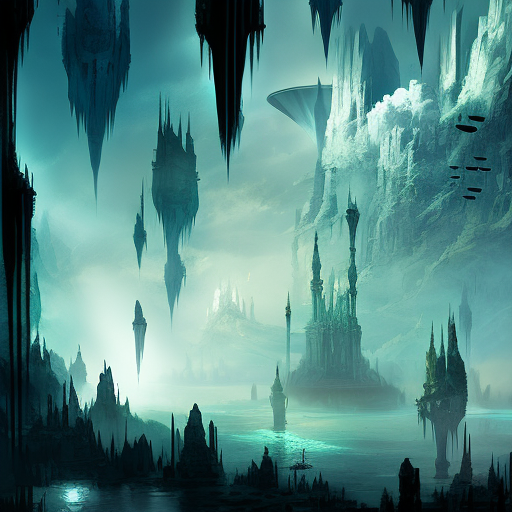Summary:
Paradise Lost is an epic poem by John Milton that tells the story of the fall of man, exploring themes of temptation, free will, and the nature of evil. It begins with Satan’s expulsion from Heaven and his subsequent plot to corrupt Adam and Eve in the Garden of Eden. As the poem unfolds, Milton delves into the consequences of their disobedience and the ultimate redemption of mankind through God’s mercy and grace.
The Fall of Satan
The poem opens with Satan and his fellow rebel angels lying defeated in Hell after their failed rebellion against God. Consumed by pride and envy, Satan refuses to submit to God’s authority and seeks revenge by corrupting God’s newest creation, mankind. He journeys through Chaos and arrives at Earth, disguising himself as a serpent to deceive Adam and Eve.
The Temptation of Adam and Eve
Satan finds Adam and Eve in the Garden of Eden, where they live in perfect harmony with nature and God. He manipulates Eve’s curiosity and desire for knowledge, convincing her to eat the forbidden fruit from the Tree of Knowledge. Eve, in turn, persuades Adam to join her, and they both succumb to temptation, disobeying God’s command.
The Consequences and Redemption
As a result of their disobedience, Adam and Eve are banished from the Garden of Eden and face a life of hardship and suffering. However, Milton emphasizes that God’s love and mercy are boundless. He sends his Son, Jesus Christ, to redeem humanity by sacrificing himself on the cross. Through this act, mankind is offered the opportunity for salvation and eternal life.
Key Takeaways:
- The poem explores the themes of temptation, free will, and the consequences of disobedience.
- Milton portrays Satan as a complex character driven by pride and envy.
- Adam and Eve’s fall from grace highlights the fragility of human nature and the importance of obedience to God.
- God’s mercy and grace are central to the poem, offering redemption and hope for mankind.
“The mind is its own place, and in itself can make a heaven of hell, a hell of heaven.”
– John Milton, Paradise Lost
Paradise Lost is a profound exploration of the human condition, delving into the depths of temptation, the consequences of disobedience, and the ultimate redemption offered by God’s mercy. Milton’s portrayal of Satan as a complex character challenges traditional notions of good and evil, while emphasizing the importance of free will and the power of choice. Through Adam and Eve’s fall from grace, the poem highlights the fragility of human nature and the need for obedience to God’s commands. However, it also offers hope and redemption through the sacrifice of Jesus Christ, reminding readers of the boundless love and mercy of God. Ultimately, Paradise Lost serves as a timeless reminder of the eternal struggle between good and evil and the potential for redemption that lies within each individual.












